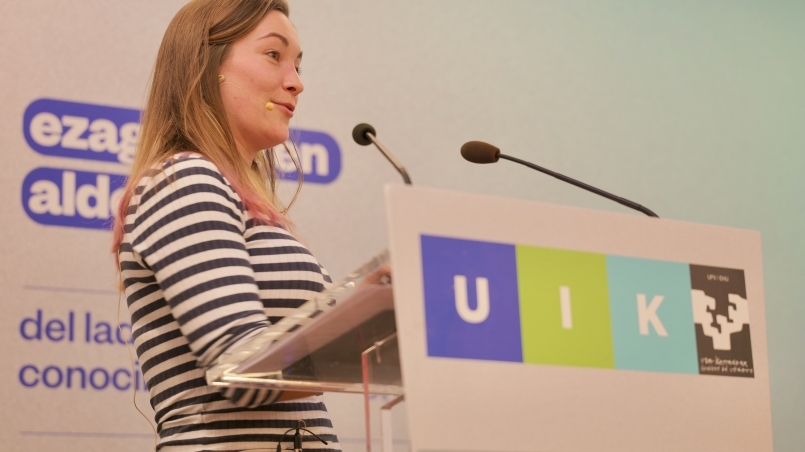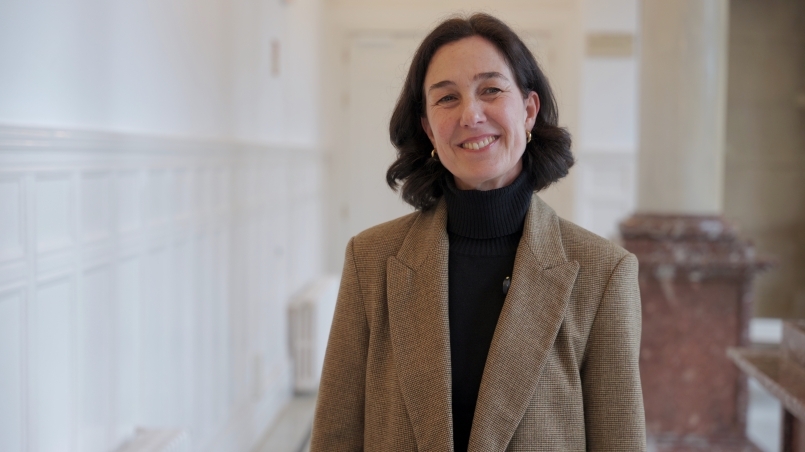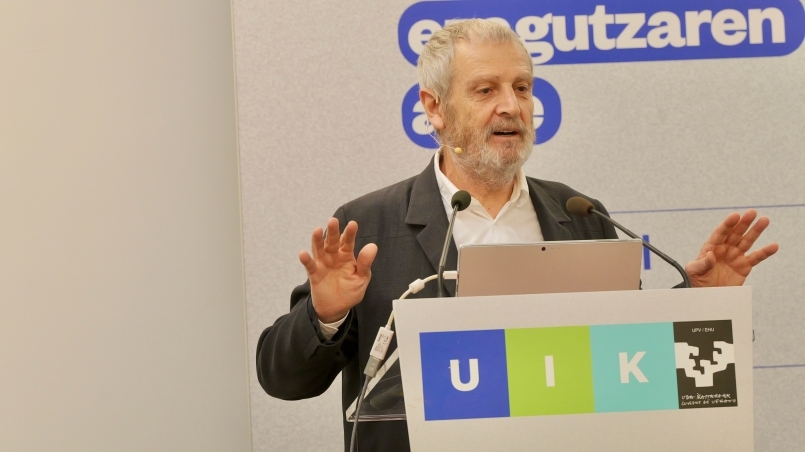Sustainable gastronomy: a necessary ingredient for social transformation
<p> Society is currently facing structural, interconnected and complex challenges that require new, innovative and transversal approaches. This is why, in the midst of a climate emergency, the incorporation of the environmental variable into the gastronomic plate will be fundamental. </p>

As is well known, the food system is one of the major contemporary challenges set out in the Sustainable Development Goals (SDGs). Sustainability, today's buzzword, has also reached gastronomic recipes; and it is here to stay. In this sense, the different speakers of the "Planetary Health Diet" course have been explaining different aspects, projects and ideas in order to understand the diet of the 21st century.
One of the keys is that we will have a personalized diet, a menu based on our own genetic code. In other words, personalized nutrition.
Miguel Ángel Martínez, Professor of Public Health at the University of Navarra, makes it clear that eating "with science and conscience is vital in these times in which we all have to be in very good shape to resist". She adds that it is very important to maintain good eating habits and learn to detect the hoaxes that certain companies, not all of them, use to manipulate us. In his speech, he also talks about the importance of the Mediterranean diet and obesity. Thanks to the Mediterranean diet there has been reductions in premature mortality and in diabetes. A faithful advocate of this diet, he says that the Mediterranean diet adds life to years and years to life. In short, it adds quality of life.
Patrick Riga, researcher at Neiker-Tecnalia, spoke to us about "Traditional varieties and sustainability". In this regard, he commented on the quality trial they carried out on the Jack tomato variety. In the Basque Country, most growers have opted for this variety due to its productivity and ease of handling. Throughout his speech, he also mentions other studies focused on beans and rice. He concludes by saying that traditional/local/ancient varieties are essential for the health of the planet and the survival of human beings.
Amaia Arranz, archaeobotanist from Tolosa, in her presentation on "Plant Biodiversity and Paleodiet" underlines the importance of investigating the past in order to know where we want to go in this 21st century. While she makes a short historical journey (Paleolithic, Neolithic, Bronze Age, Modern Age and nowadays) she highlights the changes that have been taking place in the diet throughout history and stresses the contribution that archaeobotany can make. Thanks to carbonized food, it is possible to analyze the culinary practices of the past. Currently, they are analyzing the carbonized flatbread found in the so-called Black Desert (Jordan). After finishing the look into the past, she leaves an open question to the public: "How do we want to do it?".
The young speakers shared projects and experiences such as: the Sankofa Project in Ghana, on cocoa-chocolate; the Gustu Restaurant (Bolivia), as a good example; and insect farms. The latter is a startup that responds to the field of new foods: consumption of insects as alternative sources of protein, i.e., developing products based on insect proteins.
Finally, Daniel Innerarity, Professor of Political Philosophy at the UPV/EHU, in the interview conducted by journalist Sasha Correa states that the term "sustainability" is a cultural issue, a term that has run its course. And when extrapolating sustainability to the ways of eating, he says that "in the act of eating we decide everything", that is to say, "we really make politics with the shopping cart". With the mere fact of going to one type of commerce or another "everything is being designed, society is being created". The Professor of Philosophy, throughout the interview, stops and stresses the importance of eating seated and in community. He analyzes how we execute the act of eating. Many times we eat in a hurry, in solitude, and we snack without sitting down to eat. Eating is and should be a social event. In short, the human way of eating is in community, in a group.


